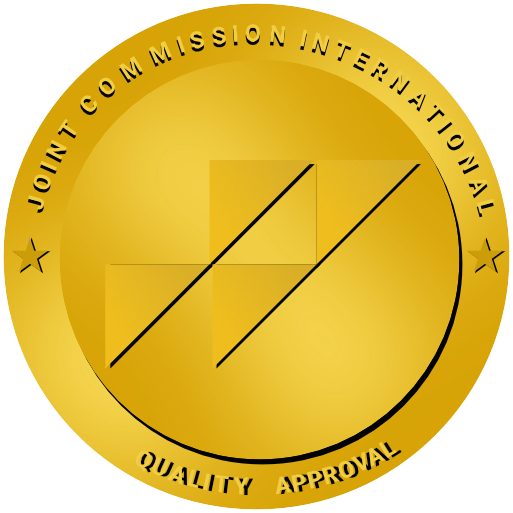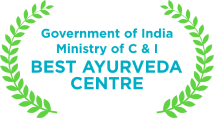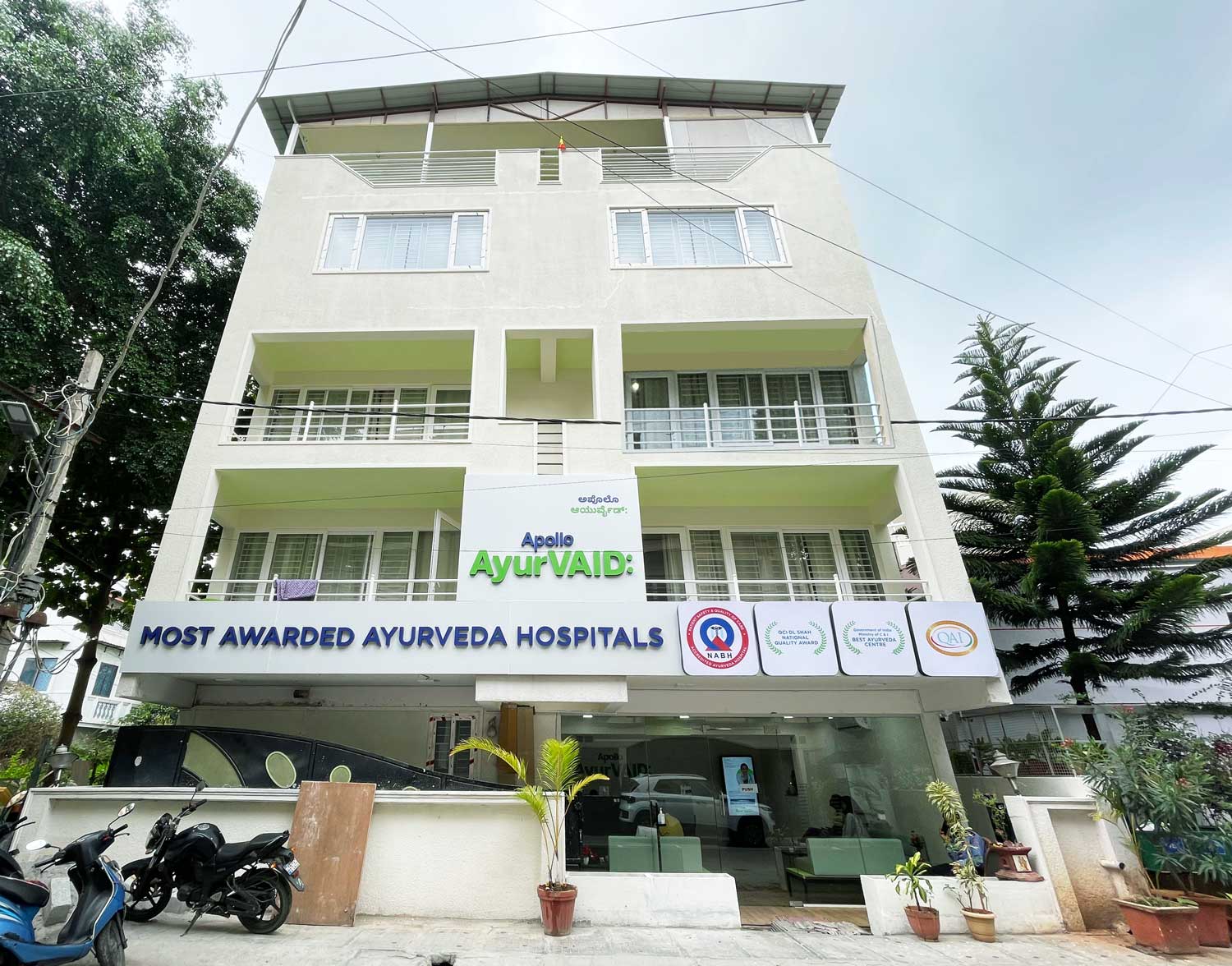Apollo AyurVAID’s International Patients Service
World-class, Ayurveda and Integrative healthcare tailored to meet the unique needs of patients from around the globe.

We are the most Awarded Ayurveda Hospital Globally
Apollo AyurVAID is India’s 1st Ayurveda hospital to be accredited by NABH (National Accreditation Board for Hospitals & Healthcare Providers), Quality Council of India.
Ayurveda for International Patients

Our Top Ranked Specialities in Ayurveda Care
At AyurVAID, we have treatments for almost every kind of health problem that is commonly prevalent among individuals at different life stages. In this section you’ll find a general list of the health problems that we offer treatment for.
20 years of Ayurveda Chikitisa Excellence
Osteoarthritis, Ankylosing Spondylitis, Avascular Necrosis, Low Back Pain, Rheumatoid Arthritis
Polycystic Ovary Syndrome (PCOS), Endometriosis, Uterine Fibroids, Menstrual Disorders, Infertility, IVF Support.
Stroke Rehabilitation, Parkinson’s Disease, Motor Neuron Disorders, Amyotrophic Lateral Sclerosis (ALS), Multiple Sclerosis.
Cancer Rehabilitation, Management of CT/RT Side Effects, Palliative Care.
Diabetes and Its Complications, Obesity, Metabolic Syndrome, Hyperthyroidism, Hypothyroidism.
IBS, GERD, U. Colitis, Crohn’s
Allergic Dermatitis, Alopecia Areata, Lichen Planus, Psoriasis.
Pediatric Developmental Disorders
Attention Deficit Hyperactivity Disorder (ADHD), Autism Spectrum Disorders (ASD), Cerebral Palsy, Muscular Dystrophy.
Amyotrophic Lateral Sclerosis (ALS), Multiple Sclerosis, Psoriasis, Psoriatic Arthritis, Rheumatoid Arthritis, Inflammatory Bowel Disease

Orthopaedic Disorders
Arthritis (RA, OA), Sciatica, Low Back Ache

Gynaecology
PCOS, Menstrual Disorders, Infertility, Fibroids

Neurological Disorders
Parkinson's, Stroke, Child Development, Paralysis

Oncology (Integrative)
Cancer Rehabilitation, CT/ RT Side Effects

Endocrinology
Diabetes, Thyroid, Obesity, Retinopathy, Neuropathy

Gastrointestinal Issues
IBS, GERD, U. Colitis, Crohn’s
Apollo AyurVAID Wellness Packages
International Patient’s Stories
Your Treatment Journey at Apollo AyurVAID
Query Shared
Multidisciplinary Review
Shared
Smooth Admission
Post Discharge
Follow-Up Care
Video Consult
Travel Assistance
Personalized Treatment

Your Treatment Journey at Apollo AyurVAID
Shared
Consult
Assistance
Treatment
Review
Shared
Admission

Apollo AyurVAID Hospitals Across India
At Apollo AyurVAID hospitals we provide ‘Nationwide Hospital Network’ offering Insurance Approved In-Patient treatments for serious diseases*. Our mission is to ensure quality Ayurveda health care is accessible to all by increasing its reach globally.
Pan India presence, 15 Ayurveda and Integrative Medicine Hospitals and Clinics

Frequently Asked Questions on
International Patients
- Easily curable conditions like back pain, acid peptic disorders.
- Difficult but curable conditions like rheumatoid arthritis, migraine.
- Conditions that can be controlled but not permanently cured, requiring strict adherence to lifestyle and diet modifications like psoriasis, COPD.
- incurable diseases.
Mental stress and overall well-being also impact clinical outcomes significantly. Patients must take responsibility for their health to sustain positive results, especially in chronic conditions. Apollo AyurVAID's role is to educate and empower patients with the necessary knowledge and mindset to make informed decisions for their well-being on a daily basis.
Request Callback
















